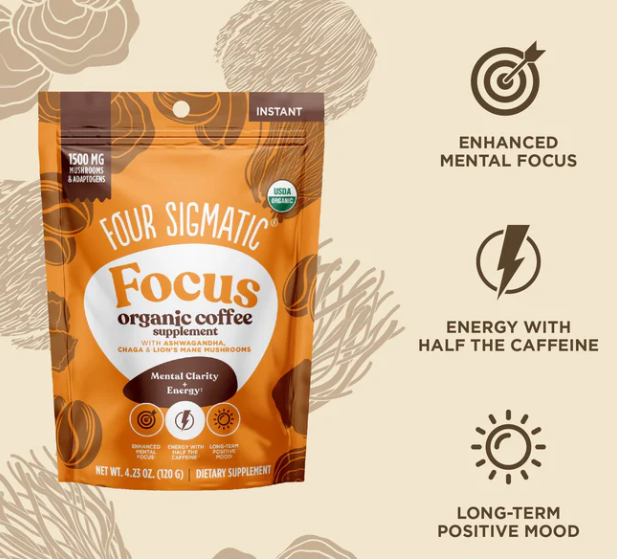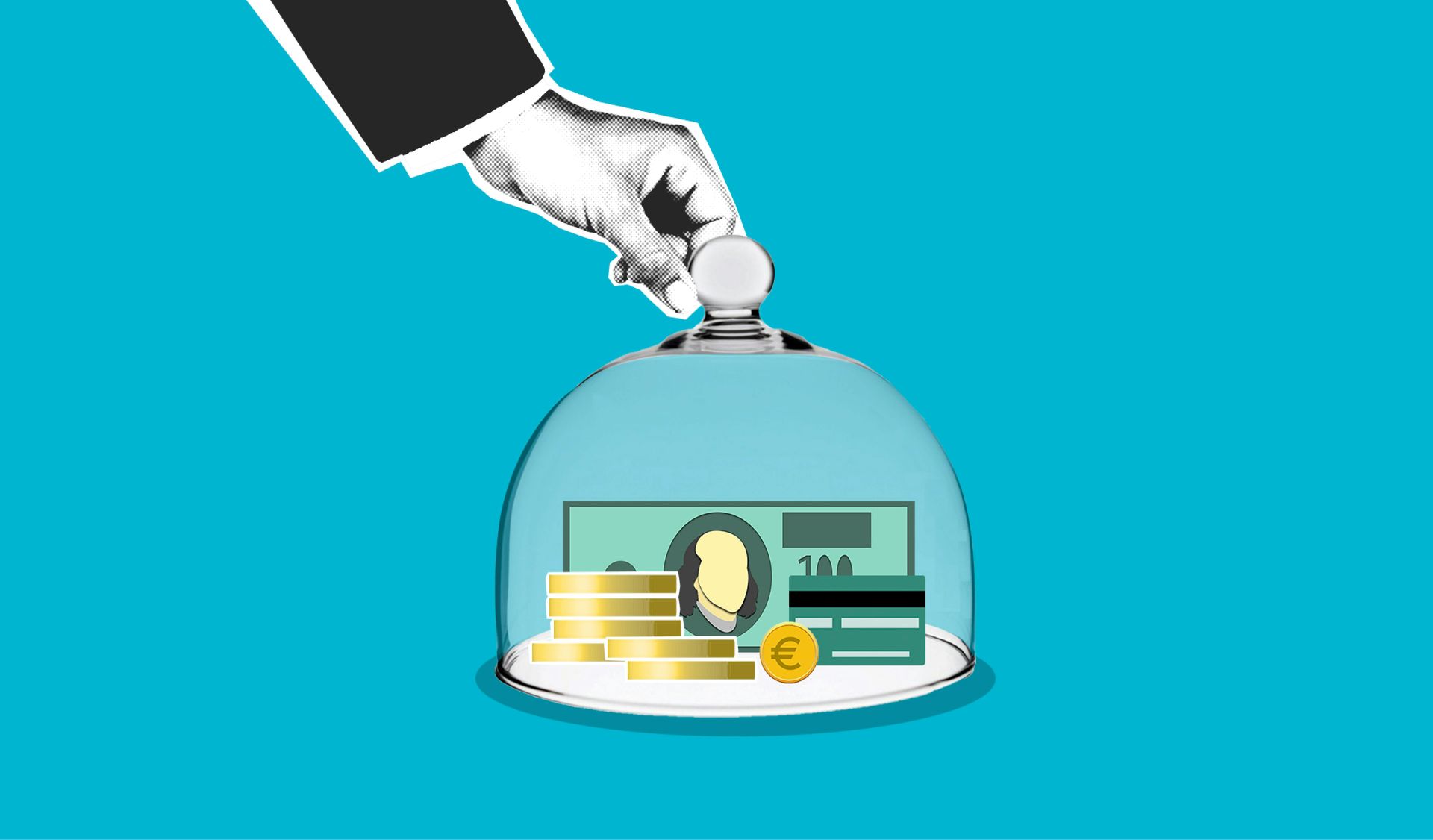
Payday loans in Ontario vs. goPeer Personal Loans? Which is the better option?
Payday loans and personal loans from goPeer may serve the same purpose—providing financial support during emergencies—but the terms, costs, and overall borrower experience differ significantly between these two options. In Ontario, payday loans have become a widely known solution for people in need of quick cash, but they often come with a steep price. Meanwhile, platforms like goPeer offer unsecured personal loans at much more favorable terms, providing Canadians with a peer-to-peer (P2P) lending alternative. This article explores the key differences between payday loans in Ontario and loans offered by goPeer, including interest rates, repayment terms, fees, and eligibility criteria.
What Are Payday Loans?
Payday loans are short-term, high-interest loans typically meant to be repaid by the borrower’s next paycheck. In Ontario, payday loans are highly regulated, but they still remain one of the most expensive types of loans available. Many people who turn to payday loans are facing urgent financial situations and may have limited access to traditional banking options.
Key Features of Payday Loans in Ontario
1. **Short Loan Terms**: Payday loans are designed to be repaid quickly, usually within two weeks to one month. The goal is for borrowers to repay the loan when they receive their next paycheck.
2. **High Interest Rates**: Despite regulations capping payday loan fees in Ontario, the costs are still extremely high. The Ontario government mandates a maximum fee of $15 per $100 borrowed, which translates to an annual percentage rate (APR) of around 391% if the loan is not repaid on time【6†source】. This makes payday loans one of the most expensive borrowing options.
3. **Small Loan Amounts**: Payday loans typically range from $100 to $1,500, depending on the borrower's income and provincial laws. These small amounts are meant to cover immediate expenses like utility bills or emergency repairs.
4. **No Credit Check**: One of the reasons payday loans are so accessible is that they don’t require a credit check. Lenders base approval primarily on the borrower’s income, making it easier for those with bad credit or no credit history to get approved. However, this accessibility comes with a price—higher fees and interest rates.
5. **Potential Debt Cycle**: Many borrowers who take out payday loans find themselves trapped in a cycle of debt. If they can’t repay the loan on time, they often take out additional loans to cover the previous one, leading to mounting fees and an unending cycle of debt.
goPeer is a peer-to-peer lending platform that connects Canadian borrowers with individual investors, allowing for a more community-focused borrowing experience. Unlike payday loans, goPeer’s loans are personal, unsecured loans that come with much lower interest rates and more flexible repayment options.
Key Features of goPeer Personal Loans
1. **Longer Loan Terms**: goPeer offers loans with repayment terms ranging from three to five years, which provides borrowers more time to pay off their debt. This is a stark contrast to the short repayment period of payday loans, where repayment is due within weeks.
2. **Lower Interest Rates**: One of the biggest advantages of borrowing through goPeer is the lower interest rates. With rates starting at 8.99% APR, goPeer’s loans are much more affordable compared to the nearly 400% APR associated with payday loans.
3. **Larger Loan Amounts**: Borrowers can take out loans ranging from $1,000 to $35,000, providing much more flexibility than the small amounts available through payday loans. These larger loans can be used for various purposes such as debt consolidation, home renovations, or medical bills
4. **Credit Check Required**: Unlike payday lenders, goPeer does require a credit check to approve a loan. However, the platform caters to creditworthy Canadians with a credit score of at least 600, which provides borrowers with more favorable loan terms than payday loans
5. **No Origination Fees Upfront**: goPeer charges an origination fee, which is included in the APR and is deducted from the loan amount before disbursement. However, unlike payday loans, there are no hidden fees or penalties for early repayment, providing greater financial transparency for borrowers
Comparing Costs: Payday Loans vs. goPeer Loans
The most significant difference between payday loans and goPeer loans is the cost of borrowing. In Ontario, payday loans can legally charge $15 for every $100 borrowed. If you were to borrow $500, you’d owe $575 in two weeks, which doesn’t seem excessive at first glance. However, this fee structure results in an APR of nearly 400%, far exceeding what you’d pay for a goPeer loan.
By comparison, a personal loan from goPeer with an 8.99% APR on a $5,000 loan over three years would result in far lower interest costs over time. A borrower might pay just a few hundred dollars in interest over the life of the loan, compared to the exorbitant fees associated with payday loans.
Eligibility and Approval Process
Payday loans are often easier to qualify for than loans from goPeer. Payday lenders do not perform a credit check, making these loans more accessible for individuals with poor or no credit history. All that is usually required is proof of income, and in some cases, a post-dated check or direct access to the borrower’s bank account.
On the other hand, goPeer requires a credit score of at least 600, proof of stable income, and a debt-to-income ratio of less than 35%. While the eligibility requirements are stricter, they offer lower interest rates and a more manageable repayment plan, making goPeer a better option for individuals with a decent credit history.
Risk of Debt Trap
One of the major risks of payday loans is the debt trap. Due to the high fees and short repayment terms, many borrowers find themselves unable to repay the loan in full by the due date. This leads to additional loans, higher fees, and the possibility of defaulting on the loan. In contrast, goPeer’s loans are structured with longer repayment terms and lower interest rates, making it easier for borrowers to manage their payments without falling into a cycle of debt
Conclusion
While payday loans in Ontario may seem like a convenient option for those in urgent need of cash, they come with high costs and the risk of long-term financial hardship. Payday loans are best suited for very short-term needs and should be avoided unless absolutely necessary. On the other hand, personal loans from goPeer offer a more affordable and sustainable solution for Canadians. With lower interest rates, flexible repayment terms, and no early repayment penalties, goPeer provides borrowers with a safer and more transparent alternative to payday loans.

*Disclaimer: Brand Street Agency is authorized to use goPeer's trademarks and branding solely for marketing purposes related to goPeer’s loan products with prior written consent from goPeer. goPeer Corporation and its affiliates are not responsible for any content, statements, or representations made by Brand Street Agency on this website. Loan approvals are not guaranteed and are subject to goPeer's underwriting policies. Terms and conditions apply. For the most accurate and up-to-date information regarding goPeer’s loan products, please visit goPeer's official website (https://gopeer.ca). Brand Street Agency operates as an independent entity and is not an employee, representative, or affiliate of goPeer Corporation or its affiliates. Brand Street Agency may receive compensation for its services.
goPeer offers unsecured personal amortizing loans throughout Canada in amounts from $1,000 to $35,000 with terms of 3 or 5 years and Annual Percentage Rates (APR) between 8.99% and 34.99%, depending on an assessment of the borrower’s credit profile, financial position, and ability to service the loan. If a payment is unsuccessful, goPeer may charge an unsuccessful payment fee of $50. If a payment is late 30 or more days, goPeer may charge a late payment fee of $25 or 5% of the payment due, whichever is greater. goPeer charges an origination fee included in the advertised APR. There are no other fees on loans. Loans are subject to credit and underwriting approval and lending rules may vary by province. For example, the average borrowing cost paid on a $9,400 unsecured personal loan at an APR of 18.8%, with a 5-year term and bi-weekly payments of $104.80 is $4,794.49.














